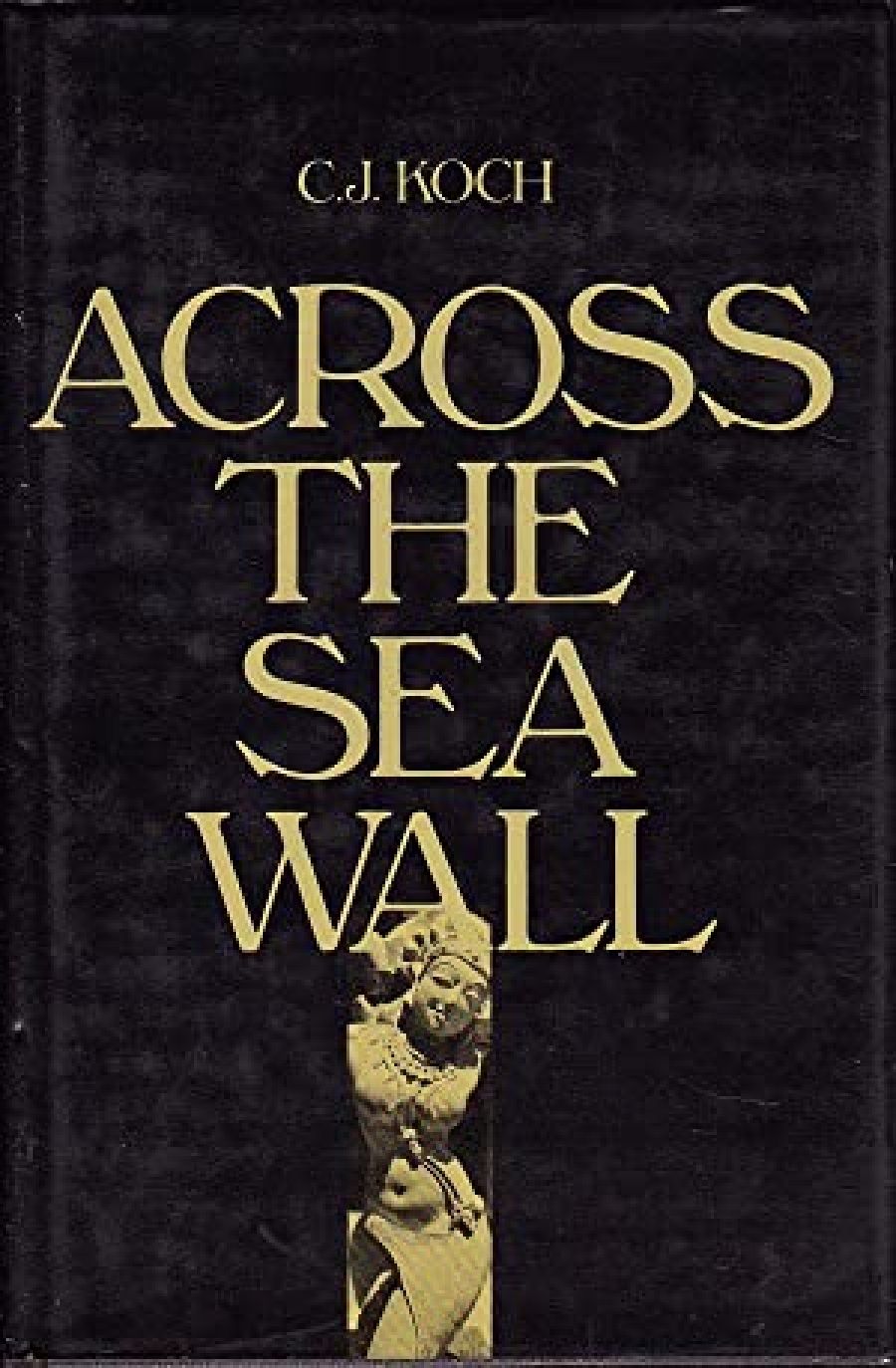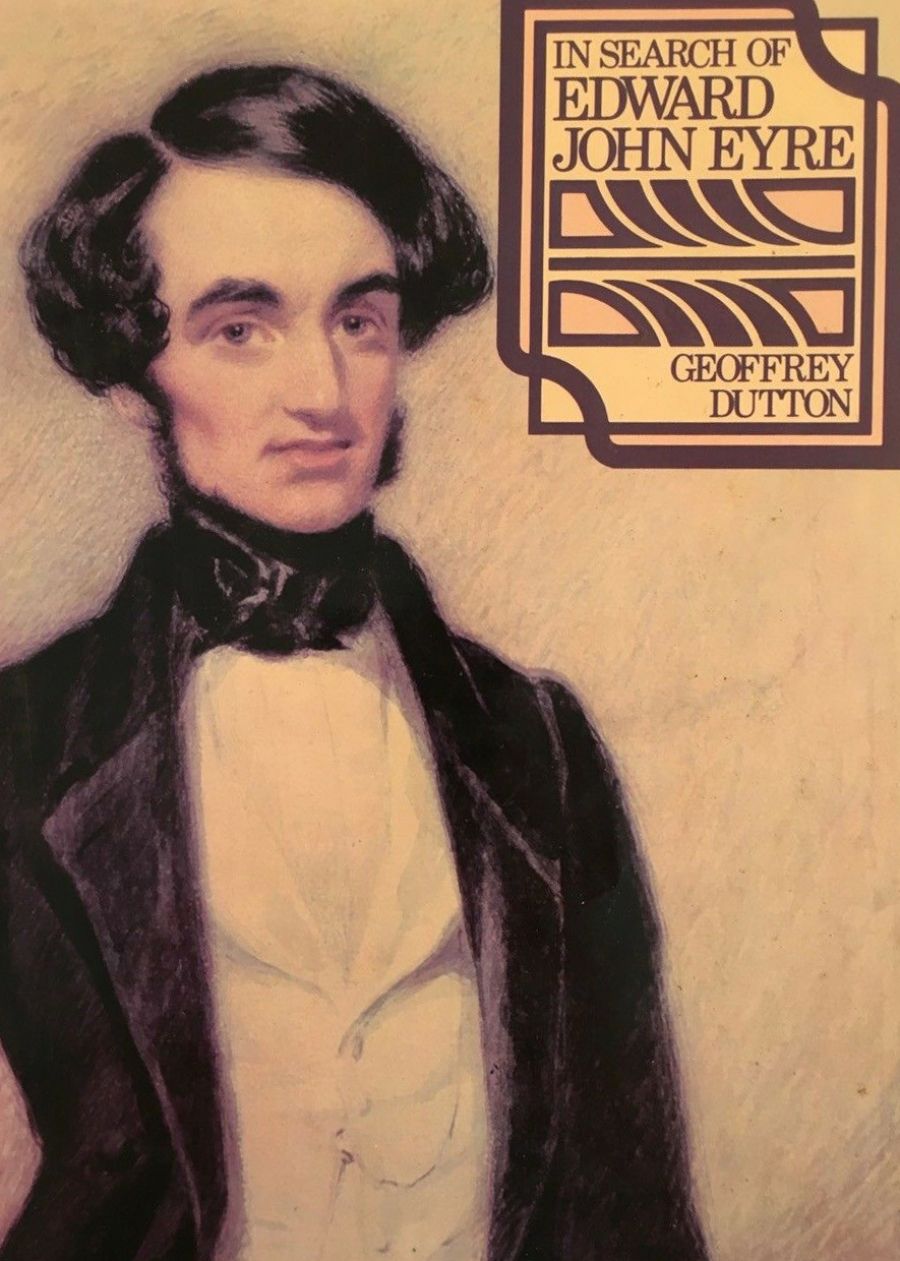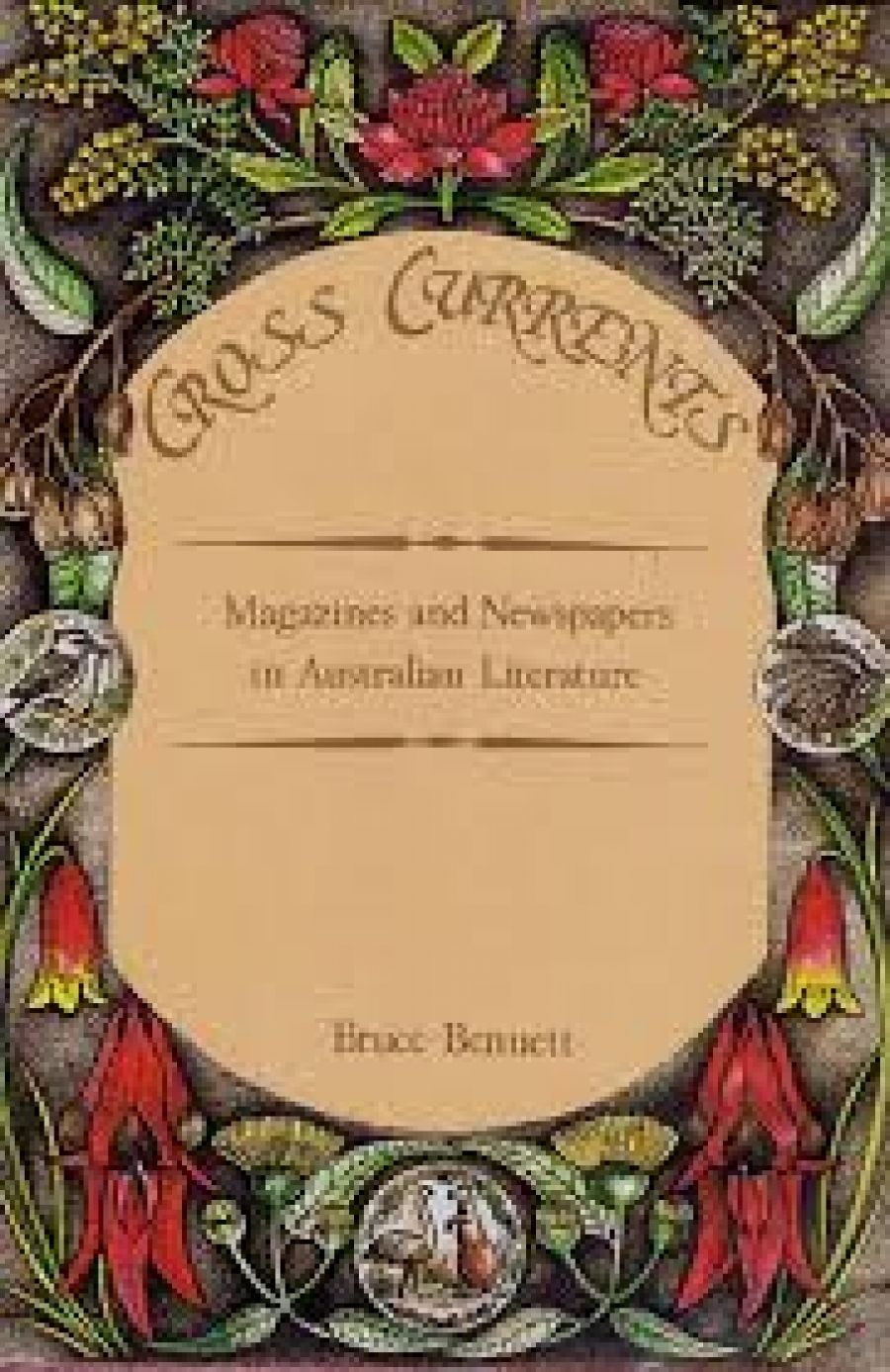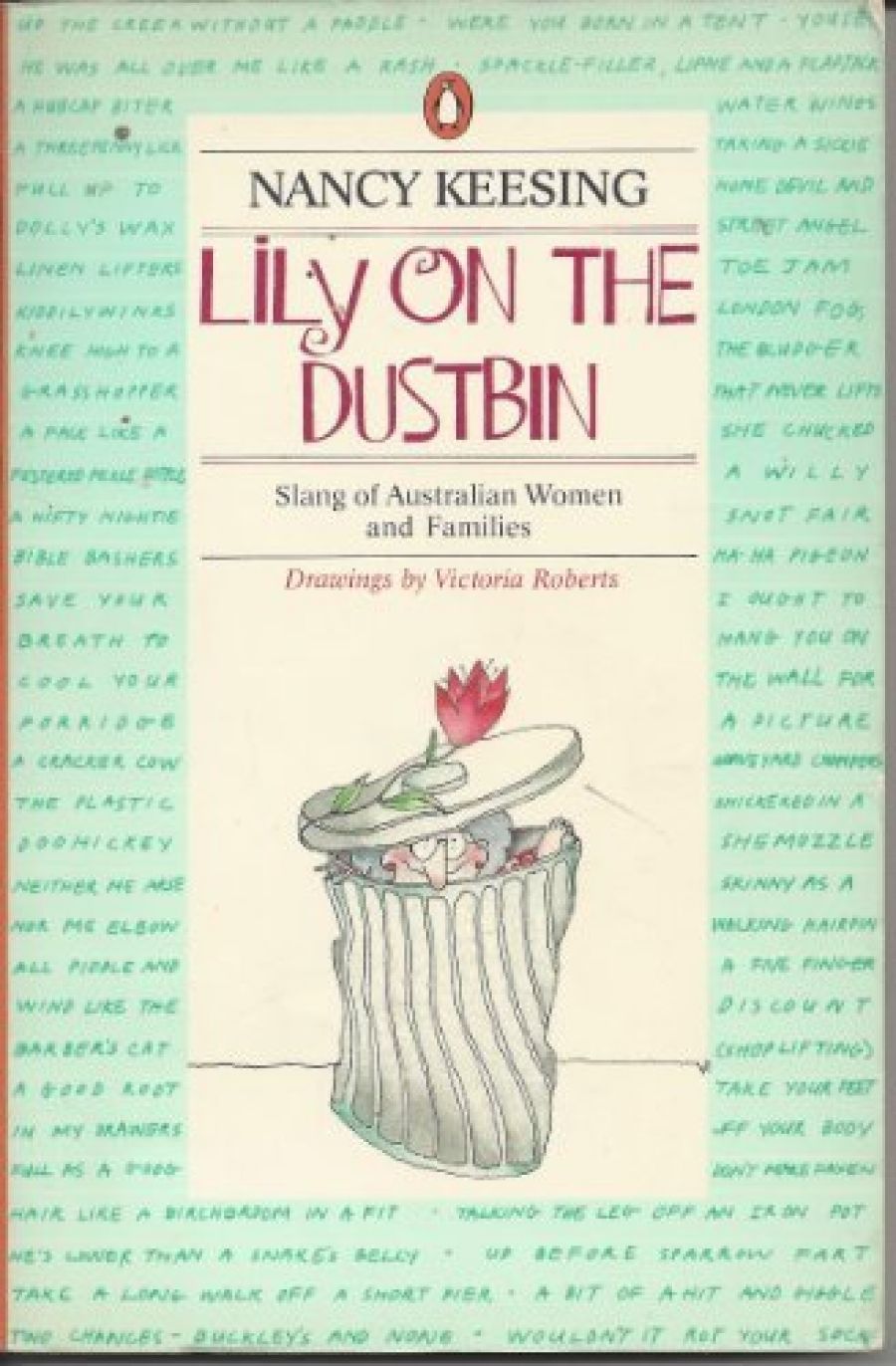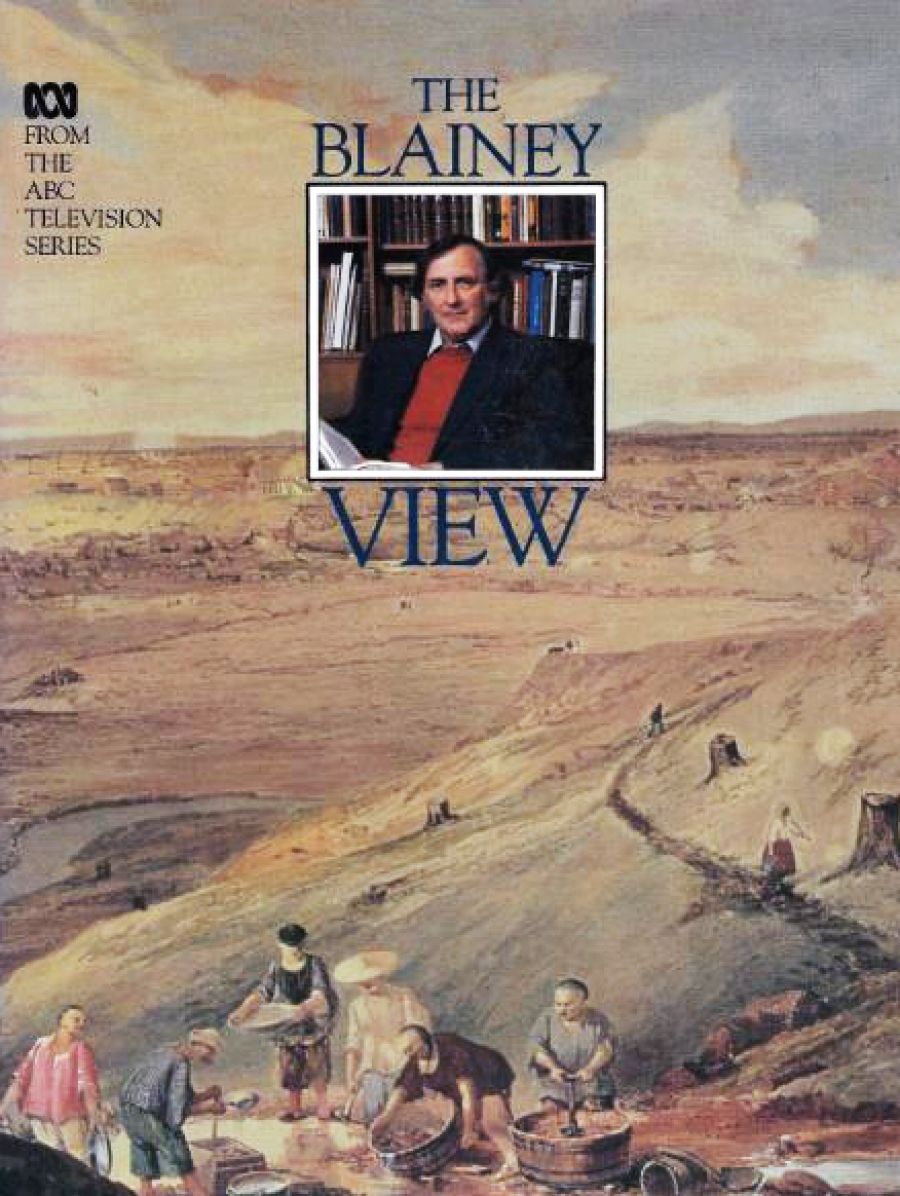Most of the poetry books reviewed come out in issues of less than one thousand, most of them well below five hundred. This must make Australia’s census of avid poetry readers no more than five thousand, or .002%. It is not surprising, then, that most published Australian poetry revolves around the process of writing for the poet’s poetic friends. This creates a very élitist form of communication and promises to do nothing to encourage more Australians to read poetry, because often the poetry written has nothing to do with the lives or interests of 99.998% of this country’s population.
In Final Taxi Review, edited by Stephen K. Kelen, one of the best poems is written by Eric Beach, but it concerns a poetry reading at La Mama, which confines its meaning to that small coterie. Ken Bolton’s poem is all about poetry and Stephen K. Kelen’s own poem begins with vomit. Mark O’Connor’s is little better. Many of these poems talk as if the centre of life revolves around booze, drugs, or talking sensitively to other poets. Les Wicks also writes about writing poetry, Pamela Brown writes about visiting Stephen Kelen, and PiO continues his stream of typing graphics.
Pete Webb is at the other end of the spectrum, and his ‘Love and Other Silliness’ is full of tidy truffles of witty poetry. He uses words cleverly, but with no huge purpose.
He handles wit to pleasant effect; but most of the poems are domestic trivia, with little heart evident in their expression. Webb’s contribution to union bashing is the closest the book gets to politics, and a poem bemoaning a burnt roast as a result of an extended church service the closest he gets to religion.
‘A second marriage breakup
Must be twice as bad as one.
The total lack of novelty
Must make it half the fun.’
Funny little lines, but they are mere poetic trinkets. He writes in this airy fashion deliberately and successfully achieves the sort of friendly, chatty poetry which he sets out to write.
R.H. Morrison has brought out fifty-two Haiku poems For the Weeks of the Year, a small book in a popular format based on the seasons of the year. Most of the haiku work well, and the occasional line has a pleasant aftertaste.
Marjorie Pizer’s book, To You, The Living, poems of bereavement and loss, is not helped by the cover, which looks horribly like the front of an engagement card – sickly sentimental. The book was produced in order to help people live on after a bereavement, but the publishers, Second Back Row Press, have gone for overkill with the cover to the detriment of the book’s purpose. The poetry, which bereaved people will certainly find a solace, deserves a more considerate treatment.
Dorothy Featherstone Porter can write poetry. Her poems harness broad themes with strong rhythms. Unlike many of the poets in the anthology Final Taxi Review, she knows words well, knows how to use them, and has good reasons for writing them. She has produced a good book of poetry but the editing is too lenient. Some poor poems detract from the many good ones.
Margaret Diesendorf’s collection of poems, Light, is dominated by the themes created by painting, sculpture, and music. Her poems are rich with these references to culture, and the romantic places – Paris Versailles, Vermont – and the less romantic – Boston and New York. The poems remain unpretentious, concentrating not on the place but on the poetry created by them. All the poems urge you to read past the first image and encourage you to turn back and browse upon a line, a whole poem, or a group; and yet I still prefer to read her poem ‘Light’, which gives the collection its title.
Terri Moore from Tasmania is a physically handicapped writer who writes her poems in her mind before transferring them to tape. This process has produced a distinctive form of crystal-cut rhymes and rhythms. Too many of the poems are trite and should be edited away, yet others refuse to be ignored, their melodies so perfect that they continue to sing in your mind.
Brian Brock’s ‘Catharsis’ is also spoilt by some poor verses. He writes well, and many of the poems are memorable. The back of the book tells you that he is concerned by ;the impact which mankind is having on the environment’. That’s probably a way to sell a few books, but the poems are not as bold as that. Brock isn’t just interested in saving trees and dunes from rapacious bulldozers; he has a genuine awe for the mystery of nature. His poems don’t preach sermons; rather, they muse on the irony of life.
